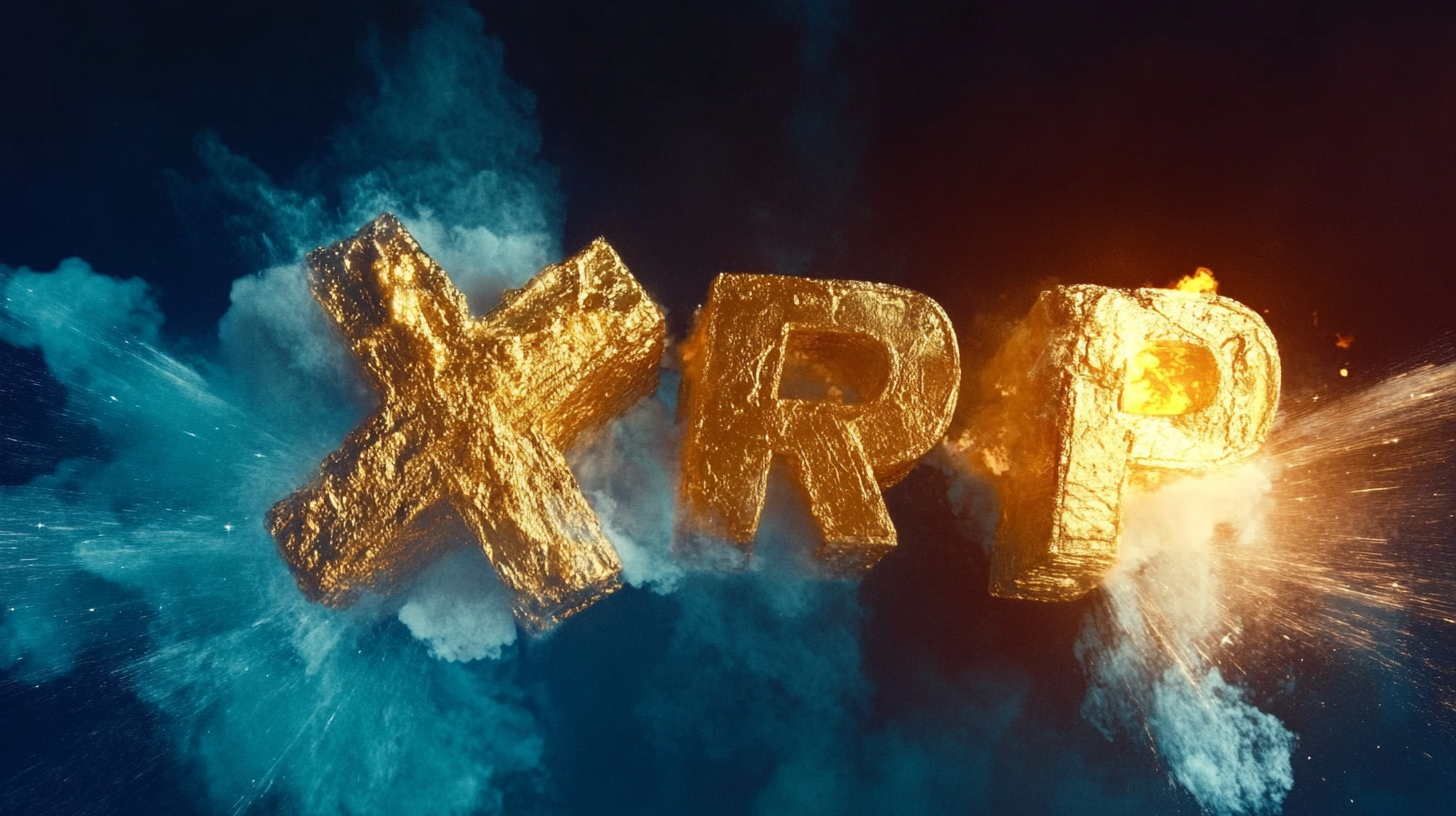Recent events have shown the US SEC might be going after non-fungible tokens (NFTs). In a recent press release, the SEC charged Los Angeles-based media and entertainment company Impact Theory LLC for unregistered securities in the form of NFTs.
SEC Goes After Impact Theory NFTs
Impact Theory was one of many entertainment firms that launched its own NFT collection when the issuance and sales of NFTs exploded in 2021, taking advantage of the growing popularity of non-fungible tokens at the time.
The proceeds from the sale of this collection were reportedly up to $30 million and according to the SEC’s charges, Impact Theory had promised buyers that the non-fungible tokens would appreciate in value, promising that the purchase of the tokens meant investors were making investments in the company. Because of this act, the regulator believes the tokens could be classified as investment contracts and, thus, securities.
Following the action from the SEC, Impact Theory has agreed to a cease-and-desist order without accepting or denying the charges. As part of the agreement, Impact Theory had agreed to forgo any royalties from secondary sales of its NFTs and destroy the 2,936 NFTs it had repurchased from the original collection of 13,921 NFTs. The company also agreed to pay a $6.1 million penalty.
Third, and most interesting to me, there were 13,921 NFTs. IT repurchased 2,936 NFTs, not sure from the order how much else IT had versus what is in the secondary market. The interesting part is the reference to the secondary market. The order does not allege those…3/5
— Fred Rispoli (@freddyriz) August 28, 2023
Dissent From SEC Commissioners
Two SEC commissioners have dissented from the SEC’s decision to take action against Impact Theory NFTs, arguing that the SEC’s enforcement action raises many difficult questions.
In a dissenting statement, SEC Commissioners Hester M. Peirce and Mark T. Uyeda questioned the SEC’s application of the Howey analysis to NFTs as they are not an easy-to-characterize asset class, especially using the Howey test.
The Howey test is a four-criteria test usually applied by the SEC to confirm if assets qualify as investment contracts. However, Peirce and Uyeda argued that just because the the items were sold with hype regarding Impact Theory’s future success doesn’t mean that it meets the definition of an “investment contract” and thus a security.
According to the commissioners, the NFTs were not shares of Impact Theory and did not generate any type of dividend for buyers.
“We do not routinely bring enforcement actions against people that sell watches, paintings, or collectibles along with vague promises to build the brand and thus increase the resale value of those tangible items,” they wrote.
With the SEC taking action against NFTs for the first time, many are wondering what additional regulation of such assets may be on the horizon. The SEC’s action against Impact Theory highlights the challenges regulators face in applying existing laws to new technologies like the cryptocurrency, blockchain, and NFT industries.
Total market cap returns to $1.03 trillion | Source: Crypto Total Market Cap on Tradingview.com
Featured image from Data Analytics, chart from Tradingview.com
Credit: Source link















































